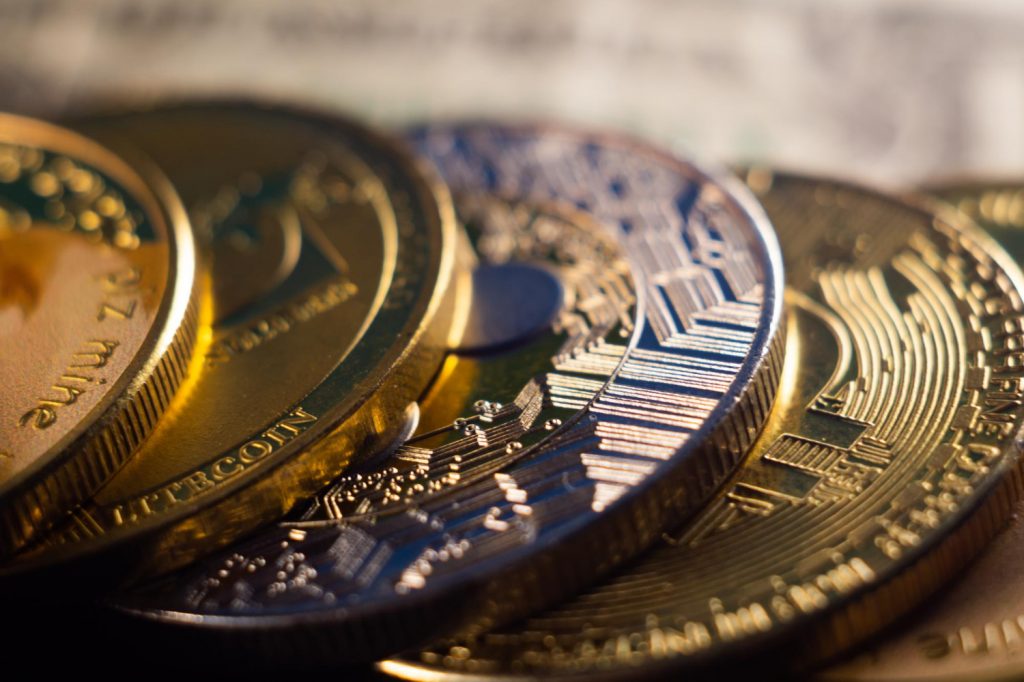Finding fair prices for gold and silver can be challenging, and many people trying to avoid high fees online falling victim to gold and silver scams. This could lead to buying worthless bullion and losing significant savings.
According to the Federal Trade Commission (FTC), complaints about gold and silver investment scams have increased by over 30% in the past five years. These bullion scams can range from selling counterfeit or substandard bullion to charging exorbitant premiums and hidden fees.
This article will help you spot potential scams and ensure the bullion you buy is genuine, making it a smart investment.
Different Ways How Precious Metal Scammers May Lure You Into Trap
- Weight Fraud
Weight fraud involves misrepresenting the actual weight of precious metals. Scammers involved in fake gold scams and silver scams use tampered scales or deceptive practices to make items appear heavier than they are. Buyers think they’re getting a better deal due to the seemingly higher weight, but in reality, they’re overpaying for less precious metal.
- Selling Counterfeit or Substandard Bullion
Fake gold scams are a widespread issue in the gold market. Scammers often create fake gold coins, bars, or bullion that closely resemble authentic items. These counterfeits are typically made from various metals with a thin layer of gold plating, making them hard to detect without specialized testing equipment.
- Offering Unusually Low Prices
Fraudsters attract buyers by offering gold and silver at prices significantly below market value, creating a sense of urgency to “not miss out on a great deal.” So, deals that seem too good to be true usually aren’t.
- Charging Exorbitant Premiums and Hidden Fees
You could be offered a seemingly competitive price by a scammer, and then they might add excessive premiums, storage fees, or administrative costs. Legitimate dealers charge a premium over the spot price, but it should be reasonable and transparent.
- The ‘Empty Vault’ Scam
The ‘Empty Vault’ scam is a tactic used by online fraudsters to exploit investors looking to buy precious metals. In this scam, the scammers promise to store the purchased gold or silver in highly secure, fortified vaults. However, once the payment is made, these vaults often turn out to be nonexistent or empty.
- Fake Documentation
In the precious metals market, the value of coins can be significantly higher if they are rare or in superior condition. Scammers involved in fake gold scams and silver scams take advantage of this by providing fake documentation to make common coins appear rare and more valuable. They use counterfeit certificates of authenticity and altered grading reports to mislead buyers.
For instance, a coin graded as MS-60 (Mint State 60) might be fraudulently claimed to be MS-70, the highest grade, through manipulated documents. This false upgrade can inflate the coin’s price by over 10%, according to the Numismatic Guaranty Corporation (NGC). Scammers employ tools like Photoshop to create convincing fake documents and even use photocopies to reproduce counterfeit grading certificates.
How Are Bullion Scams Connected to the Pandemic?
Bullion scams have surged during the pandemic due to increased investor interest in gold and silver as safe options amid economic uncertainty. With stock markets fluctuating and inflation concerns rising, many people turned to precious metals, driving up demand and prices. Scammers exploited this trend by offering fake investment opportunities and selling counterfeit or overpriced bullion.
According to the Federal Trade Commission (FTC), reports of gold and silver scams rose by 40% during the pandemic. The economic stress and the shift to online transactions made individuals more vulnerable to fraud.
Scammers involved in Silver and Gold investment scams capitalized on fears and financial insecurities, using online schemes to deceive investors. The pandemic also led to supply chain disruptions, making it harder for buyers to verify the authenticity of their purchases, thereby increasing the prevalence of scams.
Tips to Keep safe from Gold and Silver scam
- Buy from Reputable Dealers
Always purchase gold and silver from well-known and established dealers. Reputable dealers are typically members of industry groups like the Professional Numismatists Guild (PNG) or the American Numismatic Association (ANA), which enforce strict ethical standards. They also provide transparent pricing and verifiable certification for their products.
- Verify Authenticity and Documentation
Verify the authenticity of the gold or silver and the accompanying documentation. Use third-party services like the Numismatic Guaranty Corporation (NGC) or the Professional Coin Grading Service (PCGS) to authenticate coins and bullion. These services provide accurate grading and certification, which are crucial in determining the true value of the metal.
- Check Market Prices
Familiarize yourself with the current market prices of gold and silver. The spot price of these metals fluctuates based on global supply and demand. By knowing the market price, you can better assess whether the prices offered by sellers are fair and competitive. Websites like Kitco and the World Gold Council provide real-time updates on the market prices of gold and silver, helping investors make informed decisions.
- Know Where Your Precious Metal Is Being Stored
Reputable precious metals dealers offer insured delivery options, allowing you to take possession of your gold in person. If you prefer not to store the gold yourself, choose a company that provides on-site storage to prevent fraud. Be wary of dishonest companies that promise on-site storage without proof of purchase. Ensure you receive proper documentation, whether you use an IRA custodial company, a bank depository, or a home safe.
- Use Secure Payment Methods
When purchasing gold and silver, use secure payment methods that offer protection, such as credit cards or escrow services. These methods provide recourse in case of fraud, unlike wire transfers or cryptocurrency payments, which are harder to trace and recover.
- Avoid Unsolicited Offers
Be cautious of unsolicited calls, emails, or messages from unknown dealers offering gold or silver investment opportunities. Legitimate dealers rarely use high-pressure, unsolicited methods.
- Verify Physical Address
Verify a precious metals dealer’s legitimacy by using online maps for their listed address, visiting if possible, and checking business directories like the BBB. Look for industry memberships and regulatory registrations. Read customer reviews and contact them directly to confirm their location and credibility. Seek advice from financial experts or forums to ensure the dealer’s physical presence is genuine and trustworthy before making any transactions.
Protecting yourself from Silver and Gold investment scams is essential in today’s market. By understanding common scams and things to consider before investing in gold and silver to know which one is authentic and right for you, the right decision can be made.





